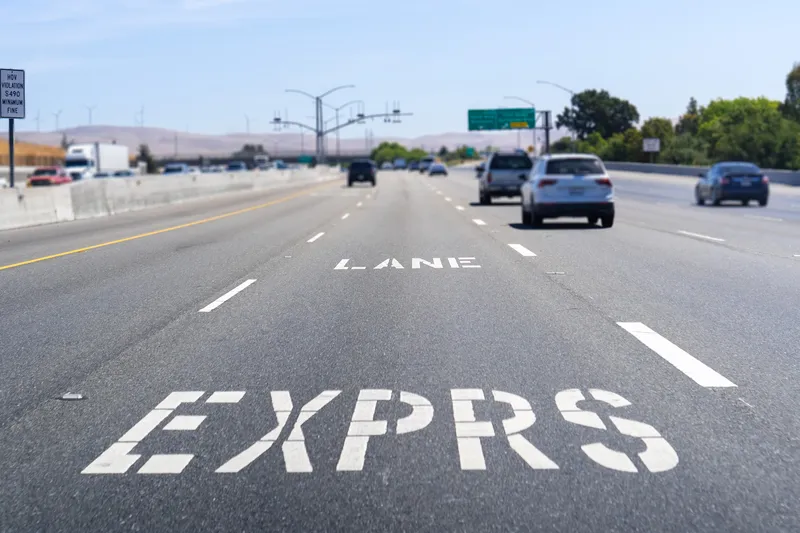The preliminary US election results showed that voters in 22 states approved ballot measures that will provide US$201 billion in funding extensions and new revenue for state and local transportation projects, according to the
Analysis by the ARTBA’s Transportation Investment Advocacy Center (ARTBA-TIAC) indicated that 69 per cent of the 280 transportation funding ballot measures up for vote across the nation were approved, with results still pending for seven local areas.
Voters in California approved 15 of 26 transportation ballot measures worth US$133 billion, including a one cent sales tax in Los Angeles that will provide US$120 billion over 40 years for local road, bridge and transit projects. California voters also rejected a state-wide measure that would have required any public infrastructure bond over US$2 billion to go on the ballot for voter approval.
Voters in Illinois and New Jersey passed transportation tax ‘lockbox’ measures to prohibit state lawmakers from diverting transportation user fee revenue to non-transportation uses. Maine approved a state-wide transportation bond issue for US$100 million and Rhode Island voters approved US$70 million in bonds for port investment.
In Washington state, voters approved a 25-year, US$54 billion revenue package that would support expanding Sound Transit light rail and bus routes. The package included a bond issue and adjustments in property, sales and motor vehicle taxes.
In Missouri, a state-wide initiative to increase the state’s cigarette tax to raise an estimated US$100 million annually for transportation investments failed. Voters in Georgia approved local sales tax increases that would raise nearly US$4 billion for road and transit projects in the metropolitan Atlanta area.
ARTBA: voters want transportation investment
The preliminary US election results showed that voters in 22 states approved ballot measures that will provide US$201 billion in funding extensions and new revenue for state and local transportation projects, according to the American Road & Transportation Builders Association’s Transportation (ARTBA).
November 11, 2016
Read time: 2 mins








